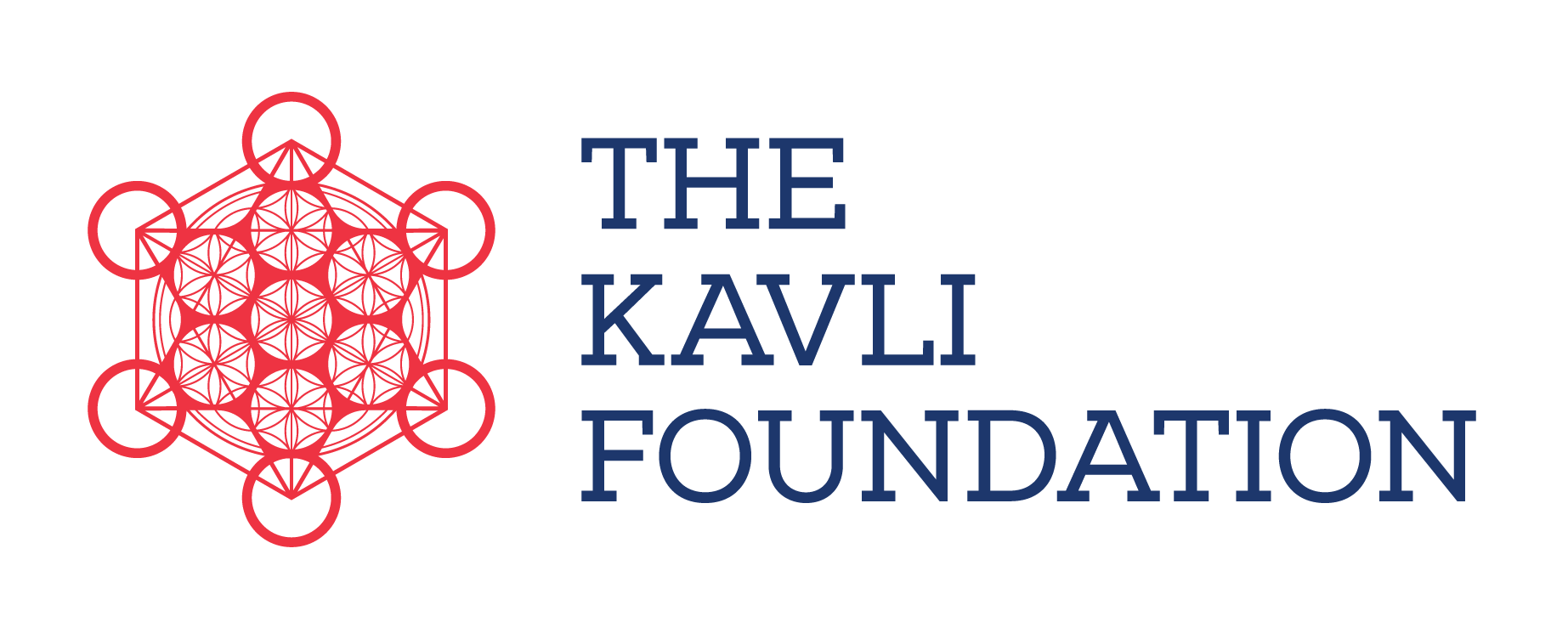Inaugural Address
November 2, 2023

It is a sobering moment for me to assume the position of Director of Kavli IPMU, and at the same time, I cannot contain my excitement at the thought of the new science that is about to unfold here.
Looking back, one day in the summer of 1984, I was confronting a number of professors at an oral exam for graduate school admissions. There, an old professor asked me,
"Is there anything other than light that we can use to observe the universe?"
By light I thought he meant photons, and when I answered that neutrinos and gravitational waves could be considered as things that come from space other than photons, I was met with scornful laughter from the entire interview panel. The professors seemed to have expected a conventional answer such as X-rays or gamma rays.
I left the interview room with great disappointment, but it was only three years later that Professor Masatoshi Koshiba created neutrino astronomy by detecting neutrinos from supernova 1987A. Furthermore, the direct detection of gravitational waves was finally realized on September 14, 2015, by the LIGO detector in the USA, and this was announced to the world in February of the following year. Thus, 32 years later, I was proven to be more right than the professors who ridiculed me in 1984, when I was just 21-years-old.
Today, Kavli IPMU is engaged in new science that was inconceivable at the time, such as the detection of neutrinos from beyond the universe and the detection of traces of gravitational waves generated just after the dawn of the universe, while also promoting basic science research by many outstanding theoretical researchers in fields ranging from astronomy to cosmology, particle theory, and mathematics.
After the era of the founding Director Hitoshi Murayama, who established a new institute from scratch under the WPI program, and the second Director Hirosi Ooguri, who achieved a stable foundation including support from the Kavli Foundation, we are now able to operate from a long-term perspective as an organization of The University of Tokyo as a WPI Academy.
We hope to produce research results through the Subaru PFS observations of large-scale structures in the universe and the above-mentioned projects, as well as to sow the seeds of long-term projects that can be realized in a few decades through international cooperation. We hope to continue to be a youthful research institute, even after 16 years since its establishment and beyond.
Jun'ichi Yokoyama, Director
Kavli Institute for the Physics and Mathematics of the Universe (Kavli IPMU, WPI),
The University of Tokyo Institute for Advanced Study (UTIAS),
The University of Tokyo






